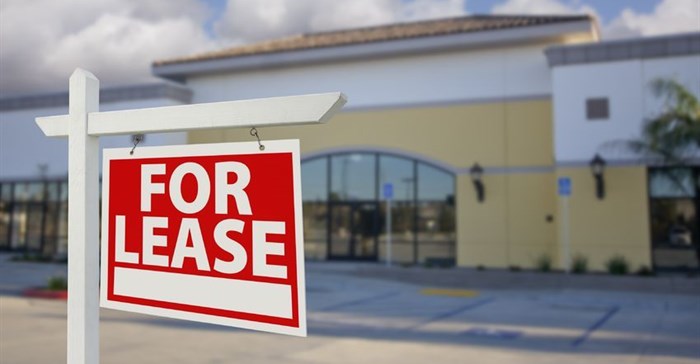
Who is responsible for managing the deposit?
“A tenant’s deposit is typically held by the person or company managing the rental relationship. This could be a managing agent, or it could be the landlord,” says Savage. “It’s normally quite easy to tell who is responsible, since they’ll be the ones collecting your rent.”
It can, however, get confusing when an agent is used to facilitate a lease agreement, but does not take over the management of the contract thereafter. This is known as an unmanaged lease, and places full responsibility for the running of the rental process – and the deposit – in the landlord’s hands.
“In these cases, tenants often see an agent’s logo on their lease agreement and assume that’s the person holding their deposit,” says Savage. “In reality, if that agent isn’t managing the rental property, they have absolutely no control over – or access to – the deposit funds.”
Many tenants these days will be faced with two deposits when signing a lease: one for damages and one for services. Contrary to popular belief, this has nothing to do with landlords “double dipping” and everything to do with making it faster for tenants to get their money back when they move out.
“Municipal services bills are notoriously slow to arrive,” says Savage, “which means it often takes weeks to finalise what a tenant owes for their last month’s water and electricity. To avoid having to hold back the entire deposit – which is usually two whole months’ rental – we prefer to keep a small services deposit aside to the value of a few hundred rand. This lets us refund tenants their much larger damages deposit while we wait for the municipal bill.”
In a perfect world, the refunding of deposits would be instantaneous, but reality involves a little more admin when it comes to tying up loose ends.
“If there are no damages found during the outgoing inspection, the deposit must be refunded, in full, within seven days,” says Savage. “This isn’t because landlords or agents are slow or lazy – it can literally take days to complete the processes required to transfer these funds.”
If damages are found during the outgoing inspection, the landlord (or their representative) has 14 days in which to fix these and return the remainder of the deposit to the tenant.
“The tenant has the right to see two comparative quotes, and all the receipts for the finished work,” says Savage, “but may not nominate their own contractors or quibble about the price.”
If the landlord or their representative doesn’t conduct an outgoing inspection, they forfeit the right to deduct any damages from the tenant’s deposit, and must refund the tenant within seven days.
If, on the other hand, the tenant fails to attend the inspection, they forfeit the right to contest any damages the landlord may claim. The landlord then has seven days to inspect the property, and an additional 14 days to implement repairs, giving them a total of 21 days within which to refund the balance of the deposit to the tenant.
“Keep in mind, tenants can always insist on seeing the receipts for repairs paid for out of their deposit,” says Savage, “so landlords can’t deduct money they didn’t spend, even if the tenant misses the outgoing inspection.”
“As a rule, deposits shouldn’t be touched until the lease is concluded,” says Savage. “They are certainly not a convenient fund for repairs, maintenance or improvements. If a tenant suspects deductions are being made from their deposit for any reason, they have the right to request a current statement for the account, at any time. Any unexplained transactions can be taken to the Rental Housing Tribunal.”
Landlords may be tempted to allow tenants to use their deposit in lieu of rent in tough times, but Savage describes this as extremely dangerous, as it doesn’t contribute to proof of breach of contract if non-payment continues. Deposits are occasionally used to cover the last month’s rental, but Savage advises against this as well, as the remainder may not be enough to cover any unexpected damages.